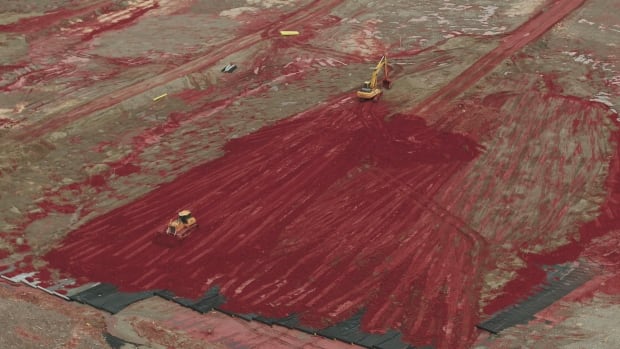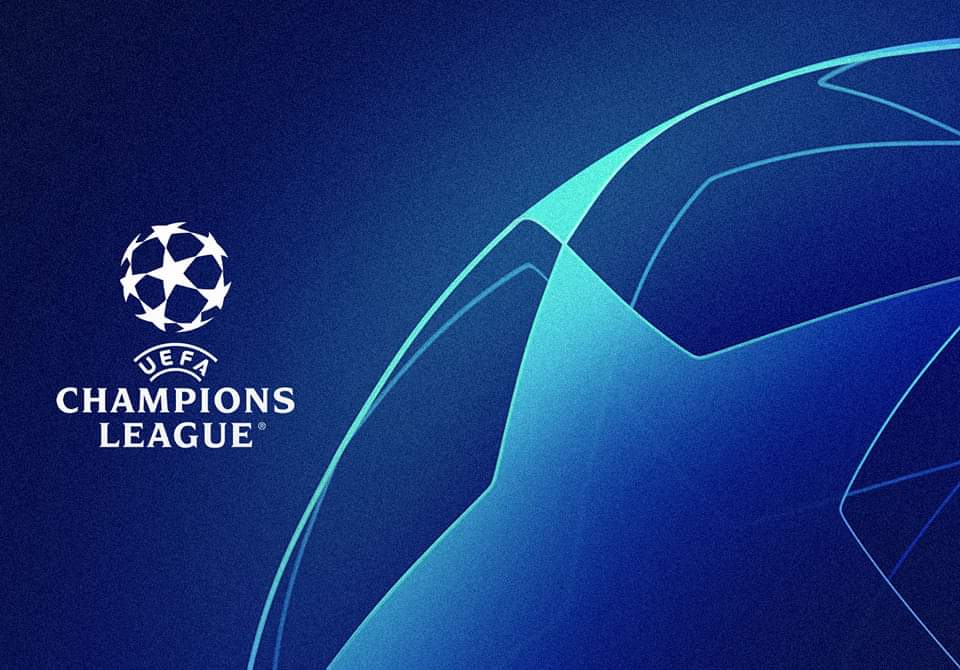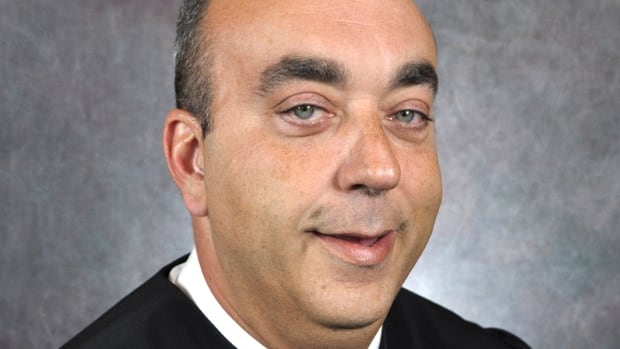The International Court of Justice on Friday ordered Israel to immediately halt its military offensive in the southern Gaza city of Rafah, but stopped short of ordering a ceasefire for the enclave.
While Israel is unlikely to comply with the order, which resulted from an appeal from South Africa, the order could ratchet up pressure on Benjamin Netanyahu’s government.
ICJ president Nawaf Salam, describing the humanitarian situation in Rafah as “exceptionally grave,” read the ruling as a small group of pro-Palestinian protesters demonstrated outside the court in The Hague.
Although the court has broad powers to order an end to the Israeli military campaign and any such ruling would be a blow to Israel’s international standing, it does not have a police force to enforce its orders. Russia, for example, has ignored a ruling from the same court to halt its full-scale invasion of Ukraine.
As the ruling came down Friday, Palestinians watched the proceedings on TV from the makeshift Abu el Ezz Cafe in Khan Younis. Several said they welcomed the decision, but weren’t hopeful it make an immediate difference.
“This court is an established court and it represents humanity and international law, so to us, we are honoured that there is an international body in the picture,” Abdel Malik Al-Madhoun, 45, told CBC News in Khan Younis.
“But if there’s no obligation to [Israel to comply], nothing will change.”

Shadi Al-Hourani, 35, said he was “fed up” of symbolic rulings.
“These decisions are not fruitful at all unless we see actions on the ground,” he said in an interview. “We hear about decisions but we don’t see any action on the ground.”
Some residents in Tel Aviv, Israel, feel the International Court of Justice’s order for Israel to cease its offensive in Rafah was not good sense. Others, however, were in full agreement that it is time to ‘let Gaza rest, stop the violence.’
In Israel’s second-largest city, the reaction was mixed.
“We need to go into Rafah, we need to solve these issues, we need to get Hamas out of there. Calling for a one-sided ceasefire is not going to give any hope for a long-term solution,” Uri Goodman said in an interview from Tel Aviv.
Another resident, Jonathan Green, said Israel’s attack on Rafah was not serving “the greater good.”
“I think it might be a good time to [start a] ceasefire, return the hostages, let Gaza rest, stop the violence,” he said.
Israel should not escalate in Rafah, Trudeau says
Attacks on Oct. 7 in southern Israel led by Hamas, considered a terrorist group by several Western nations including Canada, killed around 1,200 people. Several of the dead were Canadian citizens.
Israel has said the operation in Rafah is necessary to continue to degrade the capabilities of Hamas and free dozens of hostages still believed to be held there. Ahead of the ruling, an Israeli government spokesperson said that “no power on Earth will stop Israel from protecting its citizens and going after Hamas in Gaza.”
“Israel has not and will not carry out a military campaign in the Rafah area that creates living conditions that could lead to the destruction of the Palestinian civilian population, in whole or in part,” the Israeli government said in a statement.
Prime Minister Justin Trudeau said he agreed Israel should not continue its assault on Rafah.
“Canada’s position has been clear for many many weeks now: We need an immediate ceasefire. Hamas needs to lay down its arms [and] release all hostages, but there also must be no more military operations in Rafah by Israel and certainly no escalation of military operations in Rafah,” he said Friday.
Speaking after the International Court of Justice ruled that Israel should halt military operations in the southern Gaza community of Rafah, Prime Minister Justin Trudeau said there should be no escalation in the area by Israel and called for immediate access to more aid.
Opening of Rafah crossing urged
Israel’s offensive since the war began has killed more than 35,800 Palestinians, according to Gaza’s Health Ministry, and has caused a humanitarian crisis and a near-famine.
Fears the court expressed earlier this year about an operation in Rafah have “materialized,” the ruling said, and Israel must “immediately halt its military offensive” in the city and anything else that might result in conditions that could cause the “physical destruction in whole or in part” of Palestinians there.
ICJ president Nawaf Salam issued a ruling on Friday calling on Israel to stop military operations in the southern Gaza community of Rafah. The court, which issues legally binding decisions but doesn’t have police to enforce them, also called for the Rafah border crossing to be reopened to aid.
Rafah is in the southernmost part of the Gaza Strip, on the border with Egypt. More than one million people sought refuge there in recent months after fleeing fighting elsewhere, with many of them are living in teeming tent camps.
Israel has been vowing for months to invade Rafah, saying it was Hamas’s last major stronghold, even as several allies warned an all-out assault would spell disaster.
Israel started issuing evacuation orders about two weeks ago as it began operations on the edge of the city, but the court said it found evacuation and humanitarian plans were not sufficient.
Since then, the army says an estimated one million people have left as forces press deeper inside. Rafah is also home to a critical crossing for aid, and the UN says the flow of aid reaching it has plunged since the incursion began, though commercial trucking has continued to enter Gaza.
Order ‘underlines the gravity of the situation’
The UN court on Friday ordered Israel to keep the Rafah crossing into Egypt open “for unhindered provision at scale of urgently needed basic services and humanitarian assistance.”
The court’s order “underlines the gravity of the situation facing Palestinians in Gaza, who have for months endured the blocking of basic services and humanitarian aid amid continued fighting,” said Balkees Jarrah, associate international justice director at Human Rights Watch.
“The ICJ’s decision opens up the possibility for relief, but only if governments use their leverage, including through arms embargoes and targeted sanctions, to press Israel to urgently enforce the court’s measures.”
The ceasefire request is part of a case filed by South Africa late last year, accusing Israel of committing genocide during its Gaza campaign. Israel vehemently denies the allegations. The case will take years to resolve, but South Africa wants interim orders to protect Palestinians while the legal wrangling continues.
In January, ICJ judges ordered Israel to do all it can to prevent death, destruction and any acts of genocide in Gaza, but the panel stopped short of ordering an end to the military offensive. In a second order in March, the court said Israel must take measures to improve the humanitarian situation.
The court also ruled Friday that Israel must ensure access for any fact-finding or investigative mission sent by the UN to assess the genocide allegations.
In its statement, Israel characterized the allegations regarding genocide as “false, outrageous and disgusting.”

South African President Cyril Ramaphosa welcomed the World Court’s order but said he remained concerned the United Nations Security Council had not succeeded in reducing human suffering in Gaza.
The ICJ rules in disputes between nations. A few kilometres away, the International Criminal Court files charges against individuals it considers most responsible for war crimes, crimes against humanity and genocide.
On Monday, the ICC’s chief prosecutors asked its judges to approve arrest warrants for Netanyahu, Israeli Defence Minister Yoav Gallant and three top Hamas leaders — Yahya Sinwar, Mohammed Deif and Ismail Haniyeh — on charges of war crimes and crimes against humanity in the Gaza Strip and Israel.







